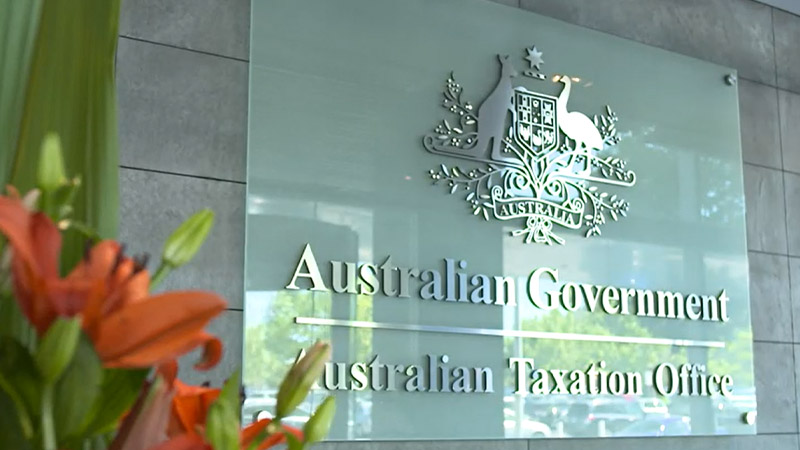Tax Institute pushes for July 2023 start for new TBAR system
The Tax Institute says the streamlined system for transfer balance account reporting for SMSFs should not commence until 1 July 2023, given the difficult period faced by tax professionals in the past two years.
In November last year, the ATO released a consultation on moving to a single transfer balance cap events-based reporting framework for all SMSFs. There are currently two different time frames for reporting transfer balance cap events for SMSFs, depending on total super balances.
In a submission to the ATO’s consultation, the Tax Institute said it broadly supports a simplified transfer balance account reporting (TBAR) system for SMSFs.
“We consider that SMSFs should be encouraged to report regularly, but note the need to ensure that SMSF trustees are not placed under an excessive compliance burden,” The Tax Institute said in its submission.
The submission stated that the new TBAR system for SMSFs should begin from 1 July 2023.
“We note that tax professionals have faced a difficult period over the previous two years, focussing on economic stimulus measures and business survival, often without recompense,” the submission said.
“Further, during 2022 they will be required to adopt to new tax compliance approaches such as adopting phase 2 of the single touch payroll, and addressing risks under PCG 2021/4: Allocation of Professional Firm Profits while also assisting clients with any remaining stimulus measures.”
It also noted that tax professionals would continue to face challenges with high rates of absenteeism caused by the Omicron COVID-19 variant.
Adopting the new TBAR system for SMSFs from 1 July 2023, the submission explained, will allow tax professionals to ensure they are ready to adopt the increased reporting criteria.
“It will also allow SMSF trustees sufficient time to better understand their reporting obligations and enable them to more readily meet the new reporting requirements,” it said.
Frequency of future reporting for SMSFs
The Tax Institute, in the submission, stated that quarterly reporting strikes a reasonable balance between ensuring individuals have the relevant information without placing most SMSF trustees under excessive compliance burdens.
“We also consider that SMSFs should be supported and encouraged to report earlier and more frequently rather than being required to do so,” the submission stated.
“Examples of the relevant support include a safe harbour for reporting best estimates, regular communications and training from the ATO to SMSF trustees regarding their reporting requirements, and frequent reviews of the relevant forms and processes to ensure an efficient and simple self-reporting environment.”
The Tax Institute noted, however, that SMSFs with small balances are likely to face increased compliance costs with more regular reporting, which could impact members’ balances.
“Further consideration should be given to allowing SMSFs with small balances the option of annual reporting to reduce the costs and compliance burdens. For example, an annual reporting system could be used for SMSFs with balances below $500,000,” it explained.

Miranda Brownlee
Miranda Brownlee is the deputy editor of SMSF Adviser, which is the leading source of news, strategy and educational content for professionals working in the SMSF sector.
Since joining the team in 2014, Miranda has been responsible for breaking some of the biggest superannuation stories in Australia, and has reported extensively on technical strategy and legislative updates.
Miranda also has broad business and financial services reporting experience, having written for titles including Investor Daily, ifa and Accountants Daily.








